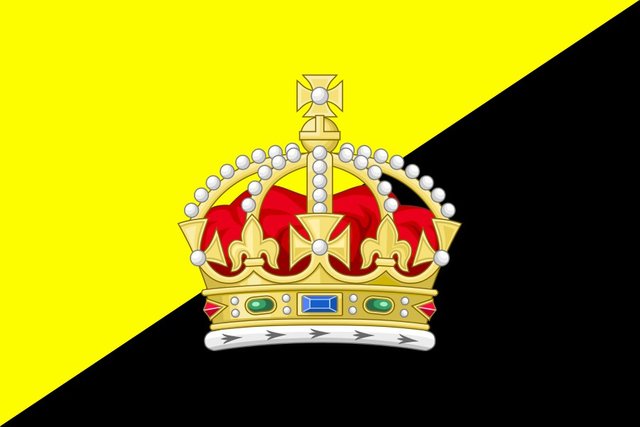
By Insula Qui
Author’s note: The main themes of this series are further expounded upon in my book Anarcho-Monarchism, which you can buy here.
Introduction
The frame in which the modern libertarian movement sees the world is a combination of individualist anarchism and classical liberal thought. This in itself is excusable, as the classical liberals and individualist anarchists were major influences in the development of libertarianism. However, framing libertarianism by these principles also results in serious problems. Our theory is subject to the suppositions of opposing theories.
Freedom for Freedom
An idea that is largely derivative from the individualist anarchists is the libertarian claim that the superiority of our ideology is due to the fact that we want freedom for the sake of freedom. However, this originates from the socialistic individualist anarchists, and as such we must realize the incompatibility of this notion of freedom with the libertarian philosophy. For the most pertinent example, no proper libertarian would support the freedom to violate private property rights. The guiding principles of our philosophy are self-ownership, non-aggression, and private property rather than freedom itself.
It is also not the case that libertarians unconditionally endorse private property. We may tacitly support the right of communists to form communes on their own property, but we do not actively endorse such uses of private property. This means that libertarians also have a philosophy when it comes to the use of private property. Libertarians do not only want a system of private property, but private property that is put to efficient uses. To say that libertarians want freedom for the sake of freedom is to ignore libertarian theory and to imply that libertarians subscribe to suppositions that they, in actuality, do not hold.
Furthermore, nothing in libertarian theory implies that we should have any respect for social freedom beyond what private property rights require. Hedonism, nihilism, degeneracy, and other high time preference behavior must be avoided if there is to be a sustainable libertarian social order. This requires restricting some actions in the social realm. Thus, favoring social freedom is not necessarily a desirable libertarian position. Libertarian theory only makes statements about the ownership of private property and what a person can do on their private property. People should have full rights to the property that they rightfully own. However, people can also use their property to take on duties and social responsibility.
Social freedom only exists in libertarianism insofar as a person is confined to their own property with no responsibility to a society. Most people want those in their society to be responsible, and most also want to be responsible to their society. Thus, social freedom becomes an irrelevant concept. Social responsibility can be institutionalized within a system of formal governance to manage the society. To take a relatively uncontroversial example within the libertarian sphere, a society could ban adults from yelling at children to prevent future crime and social disarray. The society could enforce this agreement by previously agreed upon penalties.
Read the entire article at ZerothPosition.com